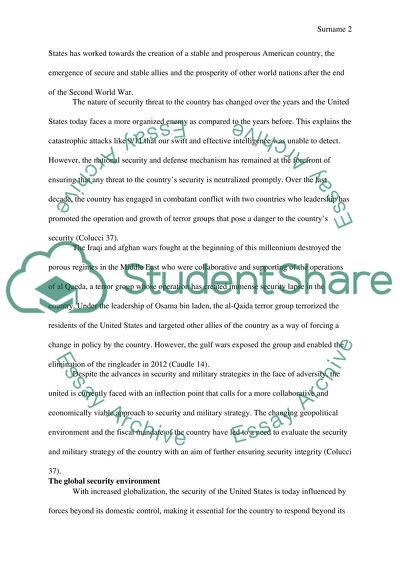Cite this document
(“A Global Defense Policy for the United States Admission/Application Essay”, n.d.)
A Global Defense Policy for the United States Admission/Application Essay. Retrieved from https://studentshare.org/military/1646220-a-global-defense-policy-for-the-united-states
A Global Defense Policy for the United States Admission/Application Essay. Retrieved from https://studentshare.org/military/1646220-a-global-defense-policy-for-the-united-states
(A Global Defense Policy for the United States Admission/Application Essay)
A Global Defense Policy for the United States Admission/Application Essay. https://studentshare.org/military/1646220-a-global-defense-policy-for-the-united-states.
A Global Defense Policy for the United States Admission/Application Essay. https://studentshare.org/military/1646220-a-global-defense-policy-for-the-united-states.
“A Global Defense Policy for the United States Admission/Application Essay”, n.d. https://studentshare.org/military/1646220-a-global-defense-policy-for-the-united-states.


